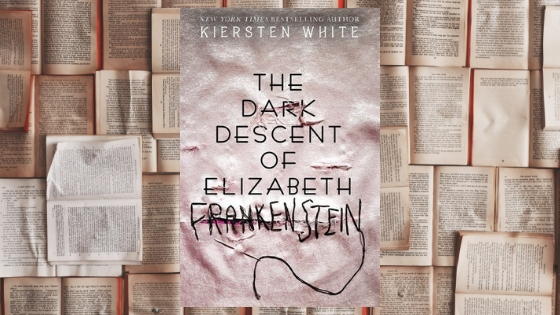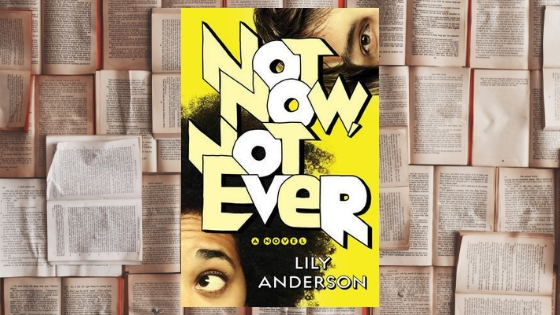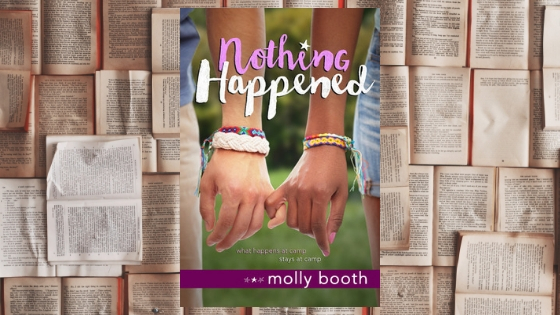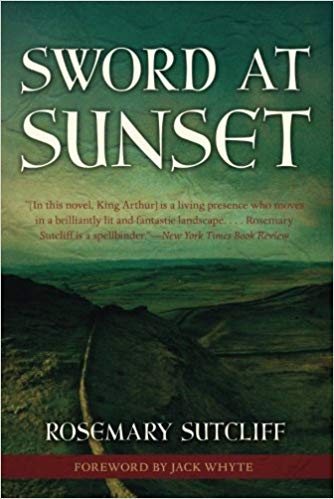
⭐⭐⭐⭐⭐
1. It’s a strong, unique retelling of a classic. Frankenstein was one of the first classic novels I ever read, it’s the hundredth anniversary of publication, and I recently reread it for school, so I was primed to read a good retelling of it this fall. And seriously, it did not disappoint. Rather than focusing on Victor or his creation, it’s about Elizabeth, Victor’s adopted cousin/wife-to-be (it’s complicated). When Victor doesn’t come home from his studies at college, Elizabeth follows him to Ingolstadt, determined to hunt him down and bring him home, only to be drawn into a dark world of life and death, survival and resurrection. This point-of-view shift allows for a completely different look at the world and story of Frankenstein, with different stakes and themes. It’s no longer about science and consequences, but also about escaping abusive relationships and the act shaping yourself into something else in order to survive.
Kiersten White was also good at knowing what parts of the original source should be dropped to streamline the story and which needed to be expanded on. Some questions are answered (like where exactly Victor got those body parts to experiment on) and new light is shed on on unexplored parts of the world. There’s also enough divergence from the original plot and unique spin on events that already knowing the plot didn’t decrease my enjoyment and actually added to it. (For those wondering, I would really recommend reading Frankenstein before reading this. While you could probably read, understand, and enjoy Dark Descent without having read the source material, Frankenstein has been distorted by pop culture and there’s a lot of clever references to the original story that would make reading it worthwhile because you’ll get more out of it.)
2. It’s feminist. A huge part of the novel’s appeal to me was that it was a retelling centering on a woman (aka my JAM) and it delivered. While Frankenstein was written by a woman, it is very much a story about men, featuring only side female characters. Dark Descent, however, centers Elizabeth and makes her relationships with other women an important part of the novel. Retelling a story about the very nature of humanity from a female point of view instead of the traditional male one means that everything is seen in a whole new light and it’s just so good.
3. Elizabeth is such a good main character. The way Elizabeth is written is this book is really interesting (and the author’s note on inspiration is absolutely worth reading). Taken in by the Frankensteins at a young age (after living with an abusive foster family), she becomes a companion to obsessive, strange Victor Frankenstein, relying on her ability to understand and calm and please him in order to have a place in the family. Her story is very much one about molding herself to be a supporting character in Victor’s life, but in this story she’s the central character with agency and development and her development is learning not to stand aside in her own life. I rooted for her the whole time, even when her actions were questionable, because it was impossible not to hope she’d escape the Frankensteins and make her own place in the world. I really found myself deep inside her head and riveted by her journey throughout the book.
4. The writing is strong. Kiersten White really strikes a good balance with this book. It’s not modern enough to sound jarring, but it’s not old-fashioned enough as to be confusing. I think it’s a great example of how to write a retelling in the original setting. It captures the gothic, psychological tone of Frankenstein while still being more straightforward and fairly fast-paced.
5. It’s a perfectly dark, messed-up read. Dark Descent is really a great fall/winter read with it’s gothic atmosphere and morally questionable (or just plain wrong) characters. If you’re looking for a read to bring back some of the Halloween spook, this couldn’t be a better place. It really delves into dark parts of Frankenstein–an innocent woman sentenced to death, a boy stitching together body parts in an attempt to play God–but also isn’t hopelessly bleak. I really do think you have to be in a perfect mood to read this, though, because it is a little slow-paced at the beginning. Once I got in the right mood, I was hooked.
OVERALL
The Dark Descent of Elizabeth Frankenstein is a strong retelling that puts a unique spin on a old story than any fan of Frankenstein, feminism, or dark, gothic stories.
Diversity notes: Though the book does strongly focus on female characters and features an examination of abus and the aftermath, all characters seem to be straight & white, which seemed like a missed opportunity to me.
Author/own voices notes: N/A



